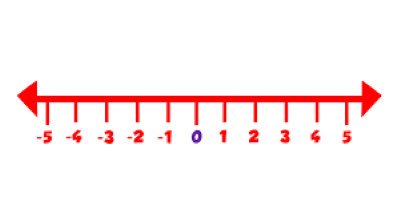negative
US /ˈneɡ.ə.t̬ɪv/
UK /ˈneɡ.ə.t̬ɪv/

형용사
1.
부정적인, 거부하는
expressing or implying denial, disagreement, or refusal
예시:
•
She gave a negative answer to the proposal.
그녀는 그 제안에 부정적인 답변을 했다.
•
The test results were negative for the virus.
바이러스 검사 결과는 음성이었다.
동의어:
2.
부정적인, 해로운
having a bad or harmful effect
예시:
•
Smoking has many negative effects on health.
흡연은 건강에 많은 부정적인 영향을 미친다.
•
The news had a negative impact on the stock market.
그 소식은 주식 시장에 부정적인 영향을 미쳤다.
동의어:
명사
1.
부정, 거부
a word or statement that expresses denial, disagreement, or refusal
예시:
•
He responded with a firm negative.
그는 단호하게 부정했다.
•
The vote was 10 for and 5 negative.
투표는 찬성 10표, 반대 5표였다.
동의어:
2.
네거티브, 음화
a photographic image on film that shows dark areas as light and light areas as dark
예시:
•
She developed the film and saw the negative.
그녀는 필름을 현상하고 네거티브를 보았다.
•
The photographer held the negative up to the light.
사진가는 네거티브를 빛에 비춰 보았다.
Lingoland에서 이 단어 학습하기